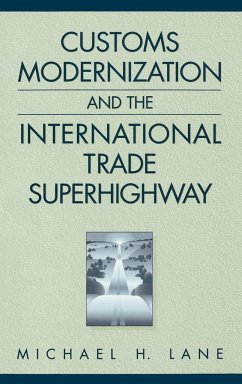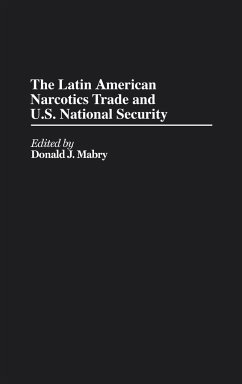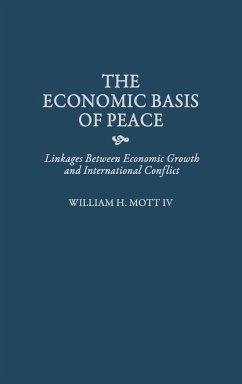
The Evolution of U.S. Trade Intermediaries
The Changing International Environment
Versandkostenfrei!
Versandfertig in 1-2 Wochen
69,99 €
inkl. MwSt.

PAYBACK Punkte
35 °P sammeln!
This book fills a gap in our knowledge of the practice of international marketing. The functions provided by international trade intermediaries (ITIs), on behalf of manufacturers unable or unwilling to assume them has been studied before. However, their evolution in the context of the challenging international environment, which is traced and analyzed here by Anne C. Perry, has not been previously addressed. New empirical data on ITIs and their survival strategies is reported, and a conceptual model of their evolution based on organization, marketing, and international-business theories is dev...
This book fills a gap in our knowledge of the practice of international marketing. The functions provided by international trade intermediaries (ITIs), on behalf of manufacturers unable or unwilling to assume them has been studied before. However, their evolution in the context of the challenging international environment, which is traced and analyzed here by Anne C. Perry, has not been previously addressed. New empirical data on ITIs and their survival strategies is reported, and a conceptual model of their evolution based on organization, marketing, and international-business theories is developed. This model represents a first major step toward a theory of international trade intermediation in the United States. First, Perry introduces (1) the evolutionary model, which guided the field study of ITIs and formed the basis of the questionnaire and (2) a comprehensive conceptual framework that considers ITIs in terms of actors, their environment, their processes (activities), their structure (organization), and their function (contribution). The new business environment, its effects on ITIs, and their strategic adaptations are analyzed next. Changes in the products carried, the markets served, and the services provided by ITIs are investigated--while challenges to the U.S. industry of international trade intermediation are assessed. Successful and unsuccessful ITI strategies are contrasted to draw concrete implications for practitioners. Further implications for policymakers and researchers are also discussed.












